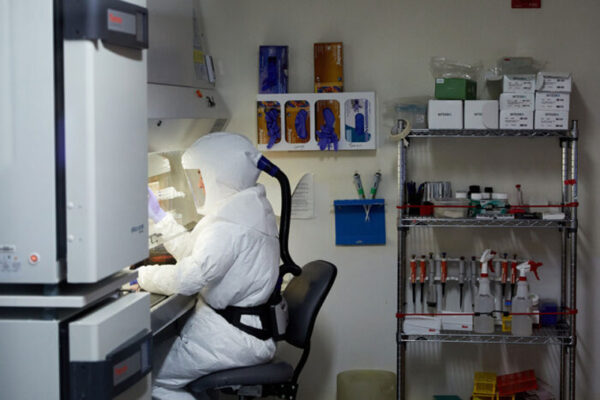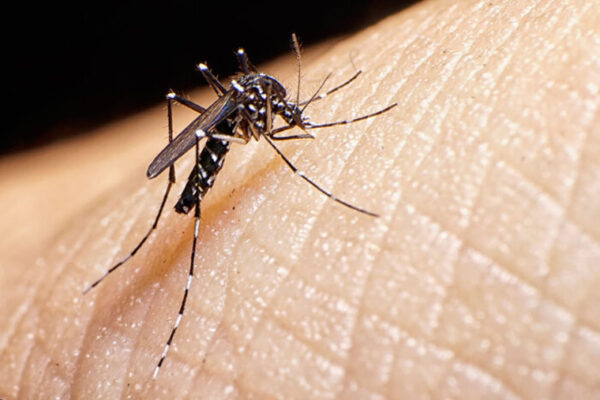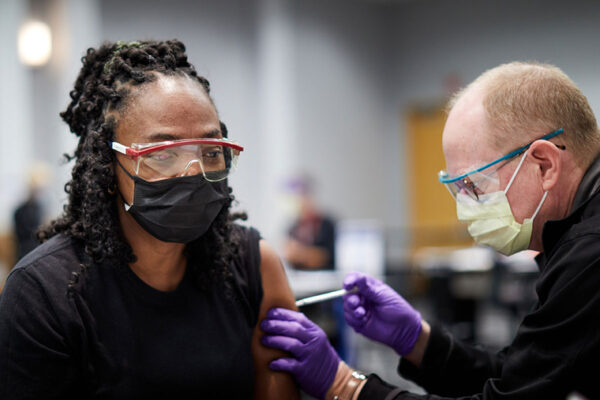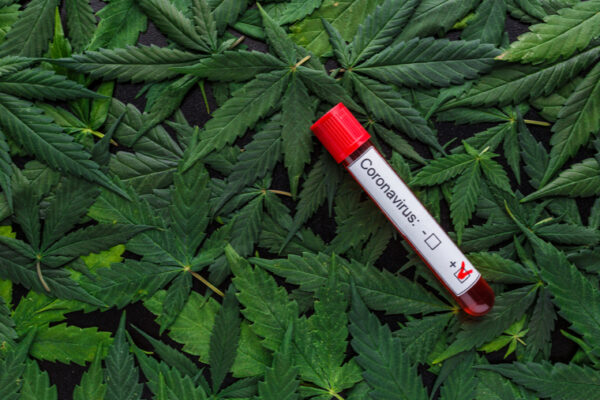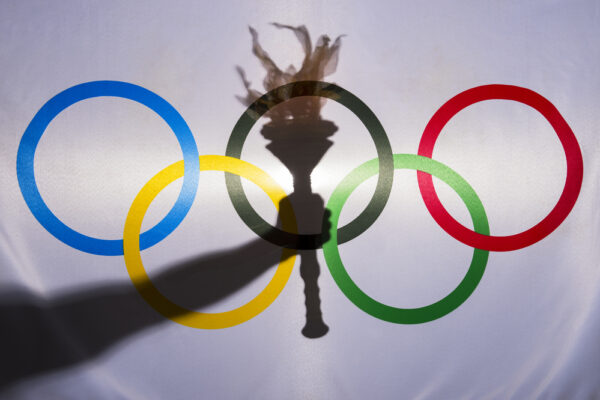Antibody protects against broad range of COVID-19 virus variants
School of Medicine scientists have identified an antibody that is highly protective against a broad range of COVID-19 viral variants.
Antibodies block specific viruses that cause arthritis, brain infections
Researchers at Washington University School of Medicine have found antibodies that protect against specific mosquito-borne viruses that cause arthritis and brain infections. The findings could lead to a universal therapy or vaccine for the viruses.
Physical activity associated with better cognition in breast cancer patients
There is a strong association between high levels of physical activity and the ability to maintain cognitive function among breast cancer patients treated with chemotherapy, according to new research from Washington University School of Medicine.
Antibodies elicited by COVID-19 vaccination effective against delta variant
School of Medicine researchers have found that the delta variant of the virus that causes COVID-19 is largely unable to evade antibodies elicited by vaccination. The findings help explain why vaccinated people have been at low risk of getting seriously ill with COVID-19.
Cannabis use disorder: another COVID risk factor
Findings from the Department of Psychological & Brain Sciences in Arts & Sciences and the School of Medicine suggest cannabis use disorder should be added to the list of COVID-19 risk factors.
Along with child tax credits, invest in child development accounts
Democrats have called for a permanent expansion of the monthly child tax credit. In making the expanded credit permanent, lawmakers can leverage the power of child development accounts to build assets for all children in the United States, says an expert on asset building at Washington University in St. Louis.
17-year study of children associates poverty with smaller, slower-growing subcortical regions
Research from the lab of Deanna Barch shows a lasting relationship between childhood poverty, brain development.
Olympics provide untapped chance to improve health for all
Given the increased interest in sports and exercise around the Olympics underway in Tokyo, events such as the Summer Games represent an unrealized opportunity to improve global health, finds a new paper from the Brown School at Washington University in St. Louis.
COVID-19 Exposure Notifications system launches for university community
Faculty, staff and students at Washington University will now be able to use a COVID-19 exposure notification system through their smartphones. The university is piloting the system, called MO/Notify, launched with approval from the state of Missouri.
Promoting physical activity is key to achieving U.N. Sustainable Development Goals
New evidence supports the integration of physical activity promotion strategies as a key part of the action plan for achieving the United Nations Sustainable Development Goals, finds a new study led by Brown School researchers.
Older Stories
